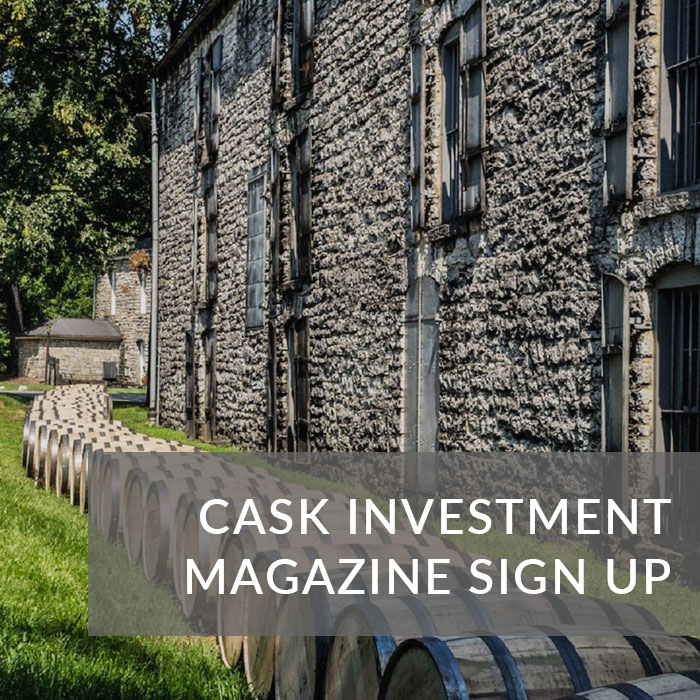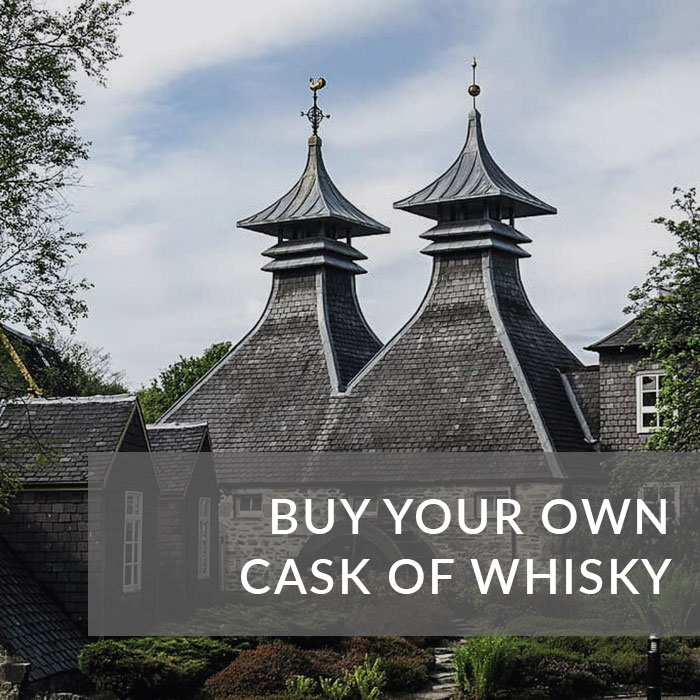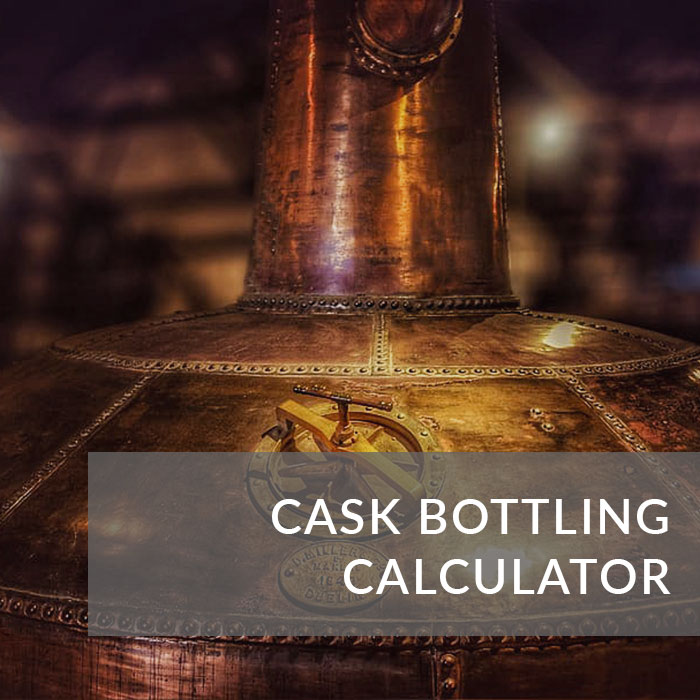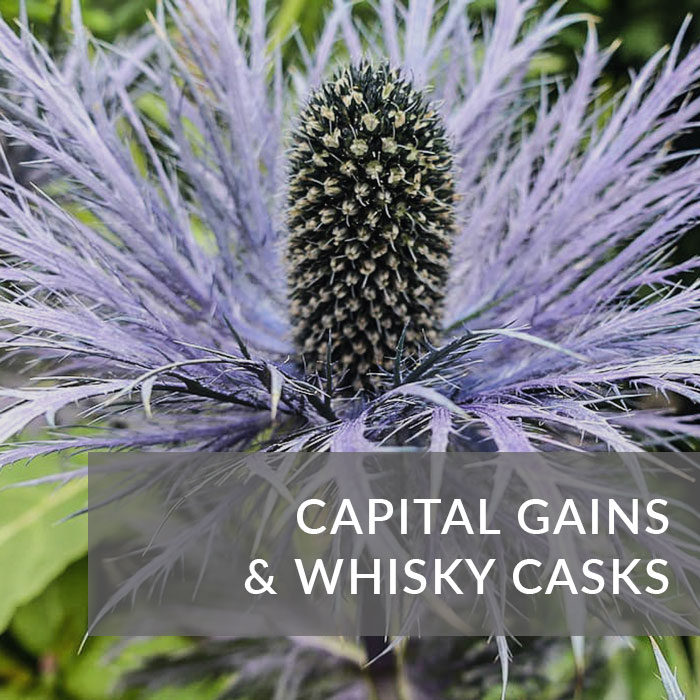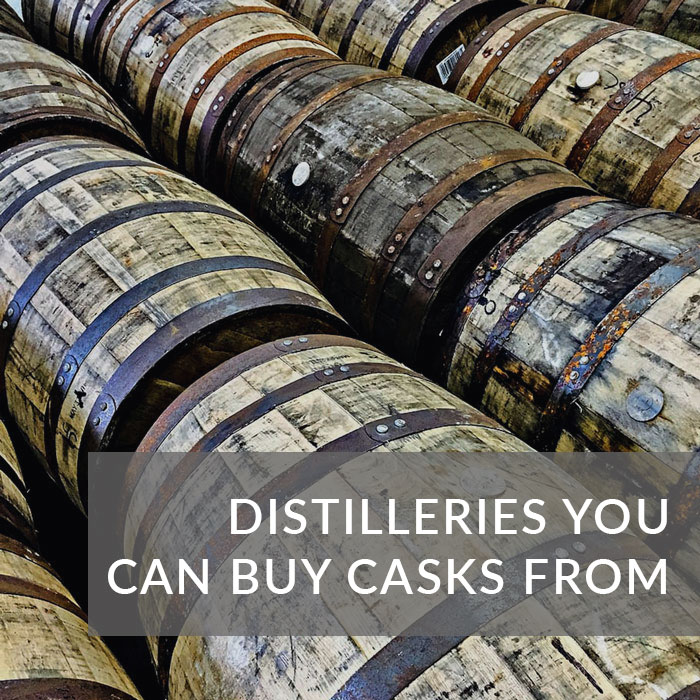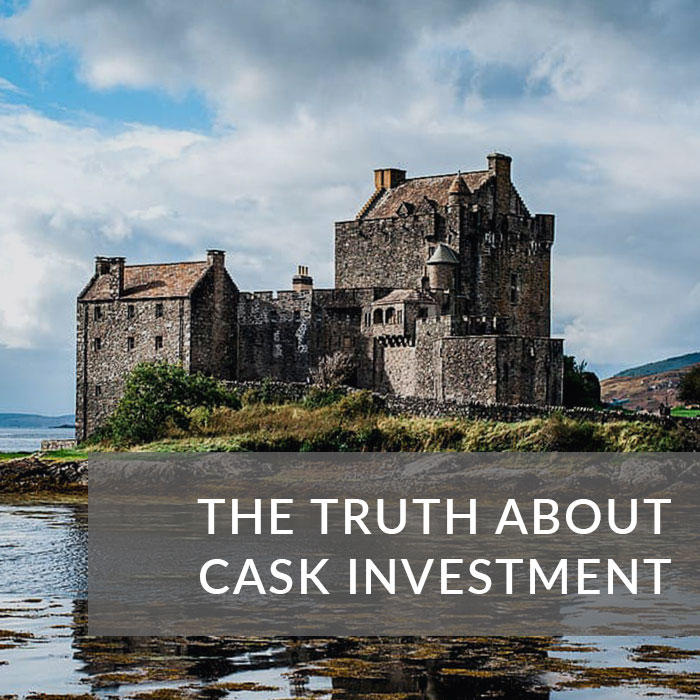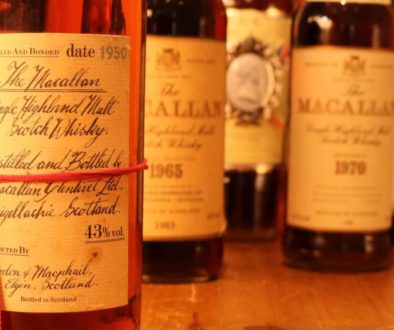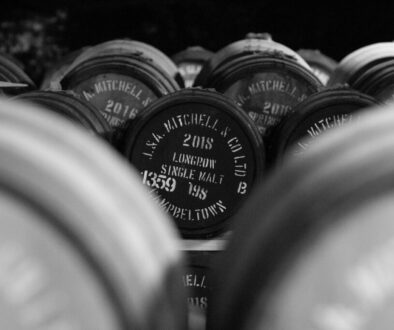A lot of people are now looking at casks as an alternative investment; no doubt as someone who has shown an interest in whisky or whisky investments your Facebook feed is littered with promotions about cask investments. However, whatever knowledge you have about bottles of whisky, it is important to understand that there are fundamental differences between bottles and casks, and the regulations and legislation that govern their ownership.
As the laws and technicalities are not very widely known outside of the industry, I thought I would share some information about the most fundamental aspect of cask ownership: how you can actually prove that you own your cask.
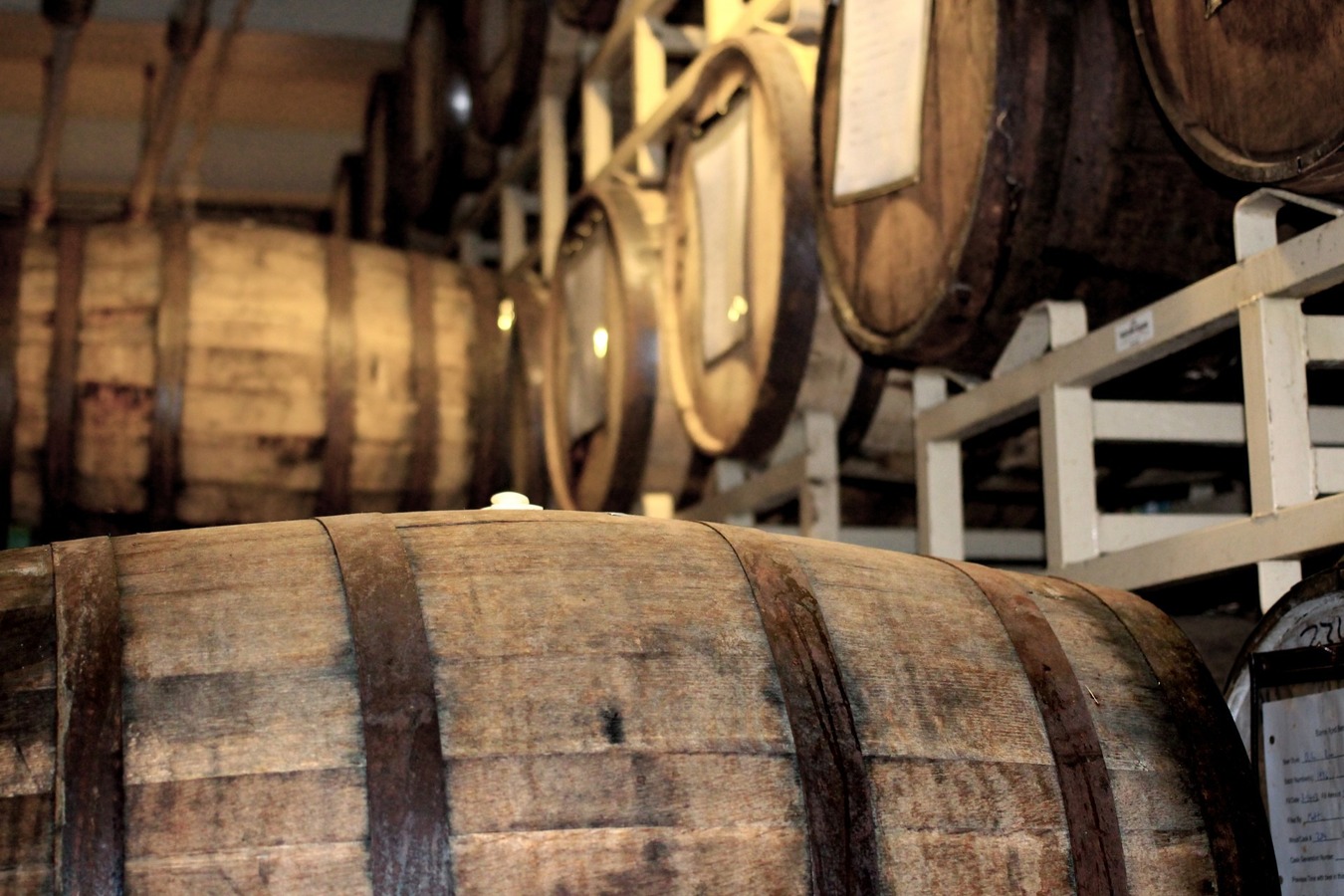
Cask Ownership 101
When you buy a cask you might assume that once you have paid for the cask and received your certificate that the cask is held in your name. Right?
Nope.
When you buy a cask there are typically three people in the relationship:
- The buyer
- The seller
- The warehouse
In order to have outright ownership when you buy a cask you need confirmation from the seller that the cask is now yours, and you also need confirmation from the warehouse that the cask is now yours.
Having spoken to several distilleries and the Scotch Whisky Association it would appear that a lot of people who are buying casks are only receiving transfer of title from the seller and not getting the title transferred to them by the warehouse. This essentially means that the cask is still held by the seller at the warehouse, which means that the buyer does not have full ownership nor autonomy over the cask.
So how do you make sure you get full ownership of your cask?
When you buy a cask of whisky from someone other than the distillery that produced it, it is very likely that the cask will be in third party storage in a bonded warehouse.
It is worth noting how warehouses transfer ownership of casks:
- In Scotland the industry standard method to transfer a cask title is with a delivery order.
- A delivery order is a document signed by both the buyer and seller and which is addressed to the Warehouse Keeper. It is a counter signed document received by the Warehouse Keeper.
Some background about warehouses and Warehouse Keepers:
Any Warehouse Keeper must have an Authorised Warehousekeeper Registration Certificate. (Recognised by the letters GBWK preceding a number: e.g. GBWK1234567890). The warehouse itself will also have to have a General Storage and Distribution Warehouse Approval Number (Recognised by the letters GB preceding a number: e.g. GB1234567890). This is the number given to a particular warehouse. For instance, Diageo might have 1 Warehouse Keeper but 100 different warehouses. A new certificate is required for each approved warehouse site.
Note that it is only the Warehouse Keeper who has authority to transfer title of a cask. Which is why the delivery order has to be signed by the buyer and the seller (to prove they are both in agreement that the cask is to be transferred) and sent directly to the Warehouse Keeper.
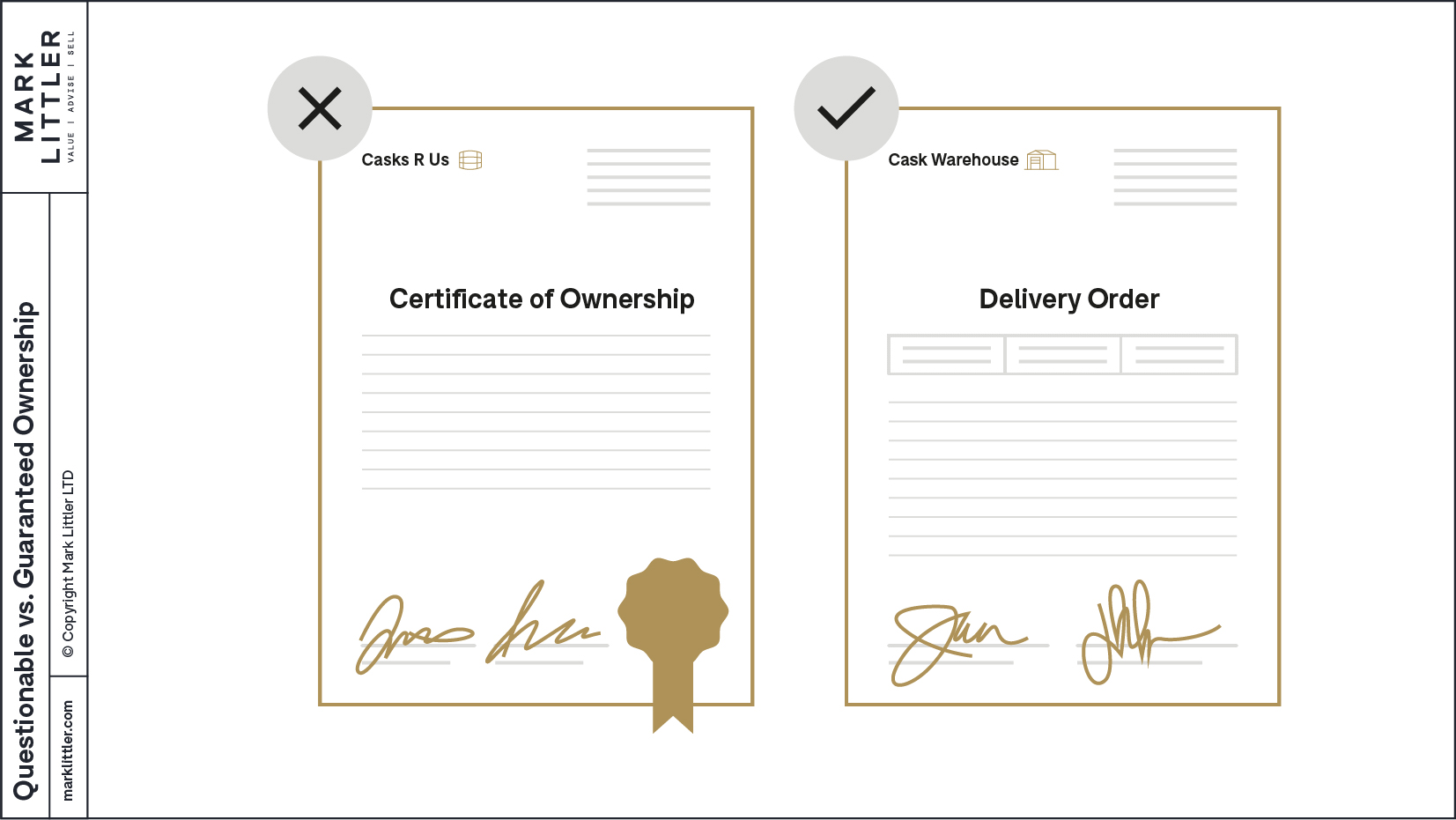
What a Delivery Order Does
Essentially a delivery order updates the records of the warehouse with the new owners details. The warehouse is not concerned with payments for the cask, only the transfer of title (unless the warehouse is also selling the cask as is the case when you buy a cask from a distillery).
So when you buy a cask you need to ensure that you are receiving a delivery order to transfer the title of the cask to yourself.
Without a delivery order it is likely that the cask is still held in the name of the seller at the warehouse.
This is important as it means that you (the buyer) have no autonomy over the cask. I.e. you cannot request a regauge directly, you cannot request samples etc. The seller still remains full title to the cask as they have not transferred it into your name.
What is a Cask Certificate?
If a delivery order is the only way in which title then what is a cask certificate?
Essentially a cask certificate (or any other formal sounding document that is not a delivery order) is simply an internal document produced by the seller. It will likely state that the buyer now owns the cask, and list other details about the cask.
A cask certificate is essentially decorative – something to have on your wall rather than to file as proof of purchase. It does not transfer title to the cask externally (i.e. at the warehouse) so it cannot be used in isolation to prove the cask is yours.
What problems can occur if I don’t have a delivery order?
Let’s be very cynical now, as I think that is the most sensible way to be when dealing with any unregulated investment.
As has been seen many time before (The Nant Whisky Group, The Napier Spirit Company, The Grandtully Distillery, Cavendish Wine Merchants & Hamilton Spirit Management, Specialist Packaging Solutions etc) scams are rife in the cask investment world so it is very important to have your paperwork completely in order.
Without a delivery order the cask you purchased is held in somebody else’s name at the warehouse and as such they have control over it. Where it counts it is listed as their asset, not yours.
If you have no control over your cask at the warehouse you would never know if the cask was sold without your knowledge or sold repeatedly (as in a Ponzi scheme) and should the company you purchased from disappear you have no way of proving whether the cask you purchased exists or existed.
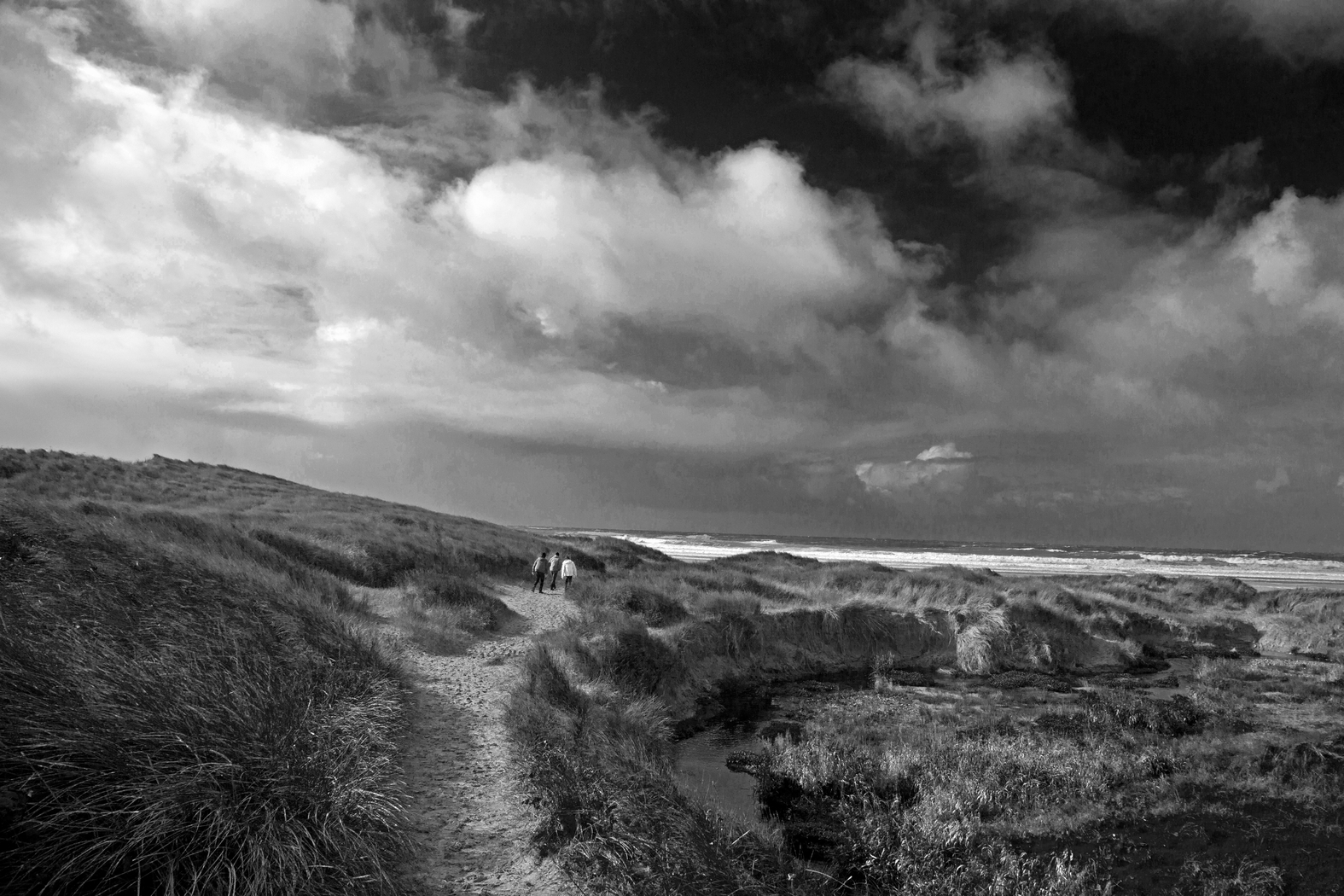
Don’t I need a WOWGR to get a delivery order?
As long as you are a private individual you do not need a WOWGR to get a delivery order. And here is why.
You might come across the acronym WOWGR quite a lot with cask investment.
The term ‘a WOWGR’ does not really make sense. This is because a WOWGR is not something that you obtain. WOWGR stands for Warehousekeepers and Owners of Warehoused Goods Regulations. As such, the WOWGR is a register that revenue traders must be accepted onto. When you are accepted onto the register you receive a certificate.
Everyone who obtains registration onto the scheme receives a Registered Owners of Duty Suspended Goods held in Excise Warehouses Registration Certificate (Recognised by the letters GBOG preceding a number: e.g. GBOG1234567890 GBOG = Great Britain Owner of Goods).
Therefore, the question you should be asking is, technically, do I need to be accepted onto the WOWGR register in order to buy a cask?
The answer is still no.
Excise Notice 196 outlines the legislation surrounding excise goods held in duty suspension in the UK. This applies to casks as they are held in duty suspension whilst they are in bond.
The important part for private individuals who are looking to buy casks is Excise Notice 196, section 5.1 which states that:
“All owners of duty-suspended excise goods must obtain approval and registration, unless […] the owner of the excise goods is not a revenue trader”.
The “approval and registration” here refers to being on the WOWGR register. You need to register for a WOWGR only if you are a revenue trader.
But what is a revenue trader? And how do you make sure you don’t become one?
What Is A Revenue Trader?
The definition of ‘revenue trader’ according to the gov.uk website is:
“[(a)] any person carrying on a trade or business subject to any of the revenue trade provisions of the customs and excise Acts”
Note that section 5.1 states “the owner of the excise goods is not a revenue trader”.
So, when buying a cask it is important that you make it clear that you are not a revenue trader.
The interpretation of this that we have had from experts is that as long as you purchase the duty suspended goods (i.e. casks) as a private individual you do not need a WOWGR.
Note that if you begin trading in duty suspended goods (i.e. casks) then the requirements are transformed and you will require WOWGR registration.
How many casks can I own before I become a revenue trader?
There is no definition of a private individual stated in Excise Notice 196, only the definition of what a revenue trader is. As such, the legislation is open to quite a lot of interpretation.
I have spoken to HMRC consultants and a number of warehouse keepers in the industry (distilleries, etc.) and the broad consensus is that a private client can own up to 5 casks without being seen as a revenue trader.
Similarly, if you start buying casks, selling some, buying more etc, then, as far as HMRC is concerned, you are now trading in whisky casks and will be required to join the WOWGR register.
A Note About Beneficial Title and Bailment
There are examples from other industries where you take ownership of goods but not have title to them. So in theory, where applied to casks, you could own a cask but it would not be in your name at the warehouse. To be safe you would need either Beneficial Title or Bailment, but what does this mean?
Beneficial Title: “A person with a beneficial or equitable title enjoys the value that the property represents. For example, a person with beneficial title in a let property will be entitled to the rental income that the property generates together with the price achieved on a sale.”
Bailment: “Broadly, the transfer of possession (and not ownership) of goods by the owner (the bailor) to another person (the bailee) so that they might be used for a specified purpose on condition that they are returned to, or in accordance with the instructions of, the bailor, or kept until he reclaims them. The bailee does not own the goods, but has possession of them. The bailee has a duty to take reasonable care of the goods and return them in accordance with the terms of any express or implied contract of bailment.”
In normal circumstances there will only ever be two people in a bailment or beneficial title contract.
However, with cask ownership for either to be leaglly sound you would need three people in the contract:
- The buyer
- The seller
- The warehouse
Because of the way cask ownership is transferred, without the warehouse being part of the contract the seller would still be able to do as they pleased with the cask without any acknowledgement from the buyer.
So unless you have a bailment contract with all three parties (the buyer, the seller and the warehouse) the contract will still leave you exposed.
What does the Scotch Whisky Association say?
In June 2020 The Scotch Whisky Association issued a long awaited update to their guidance on whisky cask investment. Titled “Personal Investment in A Scotch Whisky Cask” the three page guide is a concise summary of some of the things to beware of when looking to buy a whisky cask.
You can read the full SWA guidance here.
Note the SWA guidance is to get a delivery order also:
“If the cask is located in a warehouse that belongs to someone other than the seller, you should ensure that the transfer of ownership is properly recorded and acknowledged by the warehouse keeper. Traditionally this was done by way of a delivery order, a document setting out the details of the cask to be transferred, signed by purchaser and seller and then delivered to the warehousekeeper.”
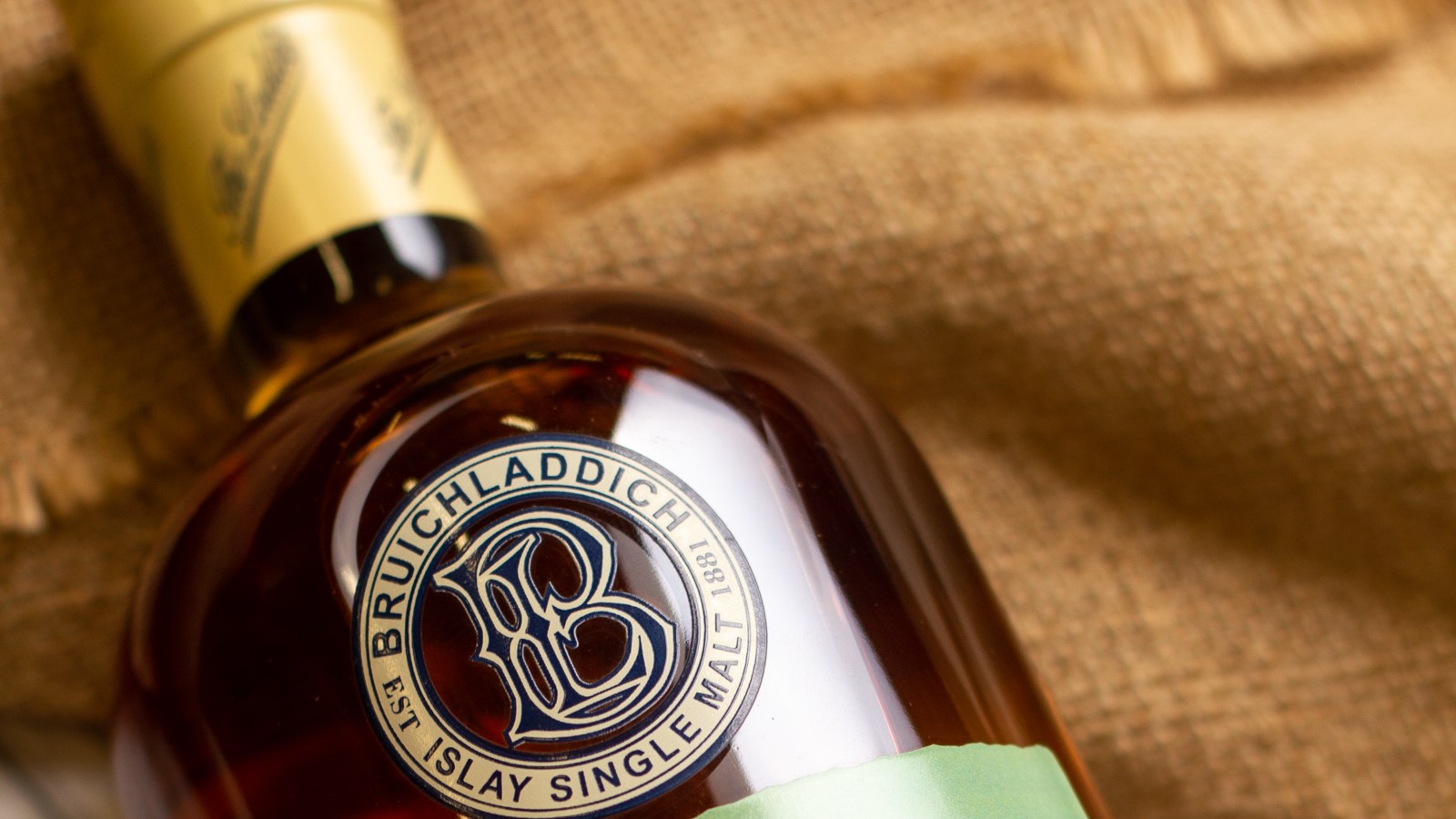
I bought a cask but did not get a delivery order – what should I do?
First of all not receiving a delivery order does not imply malice – it just means that your paperwork is incomplete.
As such, call the seller and ask them for the delivery order. They should send it straight away.
I don’t have a delivery order, so how can I even prove my cask exists?
If you have not had a delivery order then it is probable that you have not had any communication from the warehouse either.
As such you only have the seller’s word for it that the cask exists.
Call the warehouse where the cask is being stored and double check that the cask exists.
Summary
If you are thinking of buying a cask of whisky you need to ensure you understand the nature of the purchase.
Importantly, you need to ensure you have full ownership of the cask, which can only be achieved by taking full title of the cask at the warehouse.
Since this can only be done with a delivery order you need to be certain that one will be provided.
If you have any questions about delivery orders, cask investment or any aspect of the whisky industry then please feel free to get in touch.
This article is adapted from a post first released by Mark Littler for a Facebook group in January 2021.


